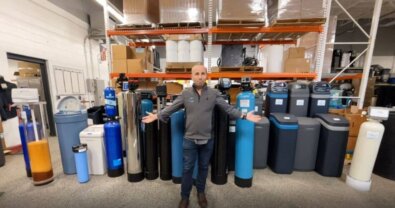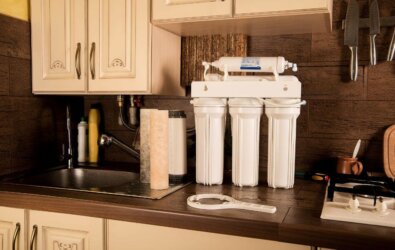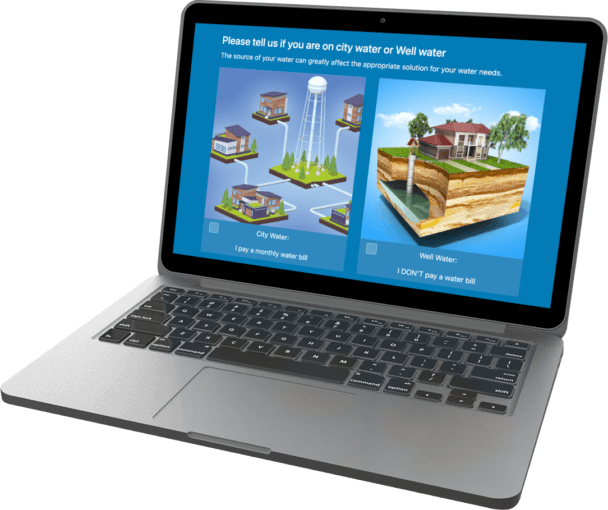What Constitutes a High-Quality Water Filtration System?
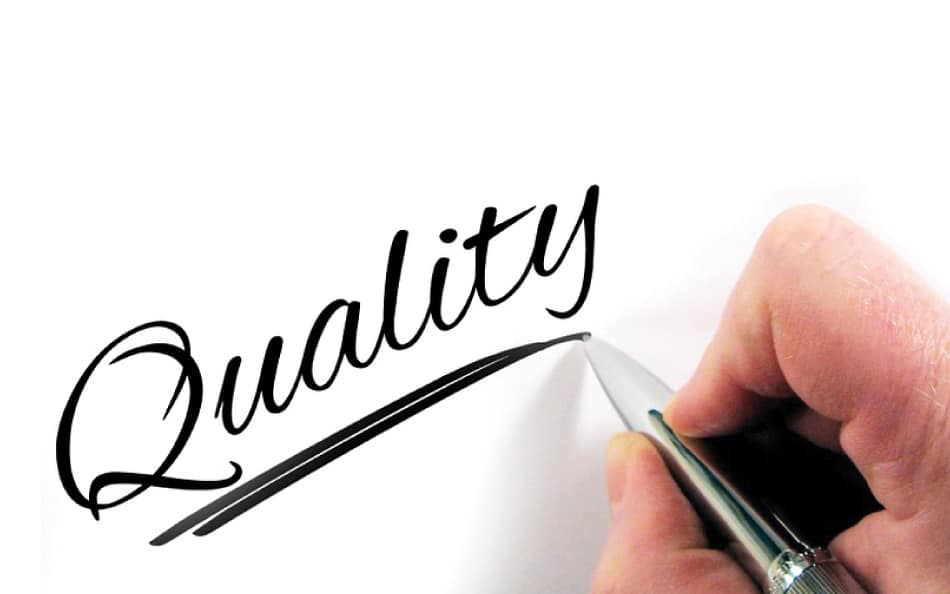
How Can I Be Sure My Water Filtration System Is Up to Par?
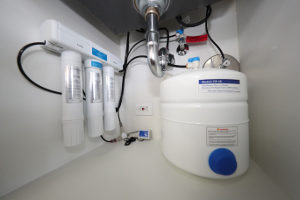
When you’re getting ready to buy a water filtration system, sometimes it’s pretty stressful. Systems from different manufacturers vary widely in price, and their competing claims about the benefits of their products can be hard to verify.
On the one hand, what if you end up paying way too much? Later you’ll be kicking yourself for putting yourself through such unnecessary financial strain. On the other hand, what if the system you settle on doesn’t deliver the promised benefits? Your family unknowingly continues to drink contaminated water—and who knows what effects that’ll have years down the line.
With this in mind, how can you as a consumer know that the water filtration system you’re investing in is worth your money? How do you know you have a high-quality system? Angel Water is here to show you why navigating this industry to find a truly effective system requires both water testing and professional guidance.
Test Your Water Before Looking for a Water Filtration System
Each water filtration system is designed to deal with specific water issues. Don’t buy manufacturers’ “one-size-fits-all” solutions. The product you choose has to be suited to your particular situation. If your water has problems with lime buildup or mercury content, then it does no good to invest in a carbon filter which mostly only removes chlorine and sometimes some other elements. That’s why before you even start comparing manufacturers and models in search of the right drinking water system, you need to get some water testing done.
Find water treatment professionals that you trust and have them test your water. Some will require you to bring in your own water samples. Others, like us here at Angel Water, will send a qualified technician to perform the testing on-site. After you’ve had your water tested, you’ll receive a complete analysis of the contents of your water.
You’ll gain insight into the water hardness, mineral content, and what contaminants are lurking in your water. Armed with this diagnosis, you’ll have a clearer idea of your goal in mind. You’ll know which contaminants your drinking water system needs to eliminate, and you’ll have something to be on the lookout for when comparing systems. You’ll also find out whether you’ll need to include a water softener in your water filtration system.
Once you’ve completed the water testing and have your list of contaminants in hand, you can start navigating the market.
Compare Product Claims and Certifications
Once you start looking, you might get stumped pretty quick. After all, there are dozens of companies out there creating water filters, each one promoting their own water filtration system with conflicting product claims. Even just among products designed to deal with a particular contaminant, there’s a lot of variety. They can’t all be right—so who’s telling the truth?
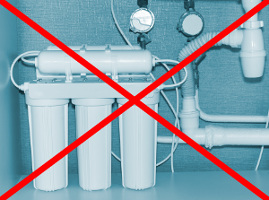
Since many water treatment companies and manufacturers out there give you a false sense of safety and security with marketing copy that sounds too good to be true, you the consumer have to do your homework to find out if the drinking water system you’re looking to buy really takes out what it says it does. How do you know whose claims to believe, though?
Want to get more helpful water information delivered to your inbox?
Sign up for our free email newsletter!
To start with, pay close attention to the exact language used in a product’s copy. Make sure that it says it “eliminates” contaminants, rather than something like “reduces”. Also, look out for products that say they “take out” contaminants without specifying how much.
Most of all, be on the lookout for slick marketing without any certifications to back up the statements being made. Companies need to sink thousands of dollars into going through the application and testing processes necessary to receive a certification, so it’s a good indicator that you can give that claim a bit more weight. This makes certifications a useful tool in helping you make sense of the chaos.
Navigate Certifications with Professional Guidance
Keep in mind though that manufacturers know you’re looking for that word, “certified.” In order for certifications and industry standards to meaningfully help point you in the right direction, you need to know how to judge the companies’ claims. Make sure that when a product says it’s “certified” you know exactly who it’s certified by and what it’s certified to do.
For example, NSF certifies water treatment products for a wide variety of claims. One such certification is that the product is proven not to add anything harmful to the water that wasn’t already there. That doesn’t mean the product actually effectively removes contaminants from the water, though. Yet, a manufacturer might add “NSF Certified” to the copy in its marketing, without bothering to tell you what it’s certified for.
To combat this, when you see that a product is “certified,” make sure to look into both what it’s certified for, and who it’s certified by. Verify whether the organization that provided the certification is a reputable one that you can trust. A certification or seal of approval from an organization nobody has heard of and which isn’t widely respected in the industry doesn’t carry much weight. Learn what authority is certifying the claims.
For example, one manufacturer was importing parts for a water filtration system from China. While these parts may have been “certified” to perform some function, the regulatory body doing the certifying wasn’t reputable. The point of certifications is to create accountability. If the organization giving out certifications is a sketchy one you haven’t heard of, from the other side of the world, where manufacturing regulations are notoriously unenforced, these should all be red flags.
There’s only really one surefire way to know that you’re getting a high-quality water filtration system that’s well-suited to your needs and delivers on its promises: enlist the help of a qualified water professional. The experienced technicians here at Angel Water have spent decades performing water testing as well as installing, maintaining, and repairing water filters, water softeners, water heaters, sump systems, and more. If you’re seeking to invest in a high-quality water filtration system in Barrington, IL or the greater Chicago area, give us a call at 847-382-7800. Schedule a consultation today and take the next step to securing healthy, clean water!
Interested in a Water Softener System for Your Home?
You don’t have to live with a dry, itchy scalp and brittle hair anymore! It would be our pleasure to help you find the right water softener to make your showers enjoyable again.
Please give us a call at (847) 382-7800 or visit our water softener page to learn more.
